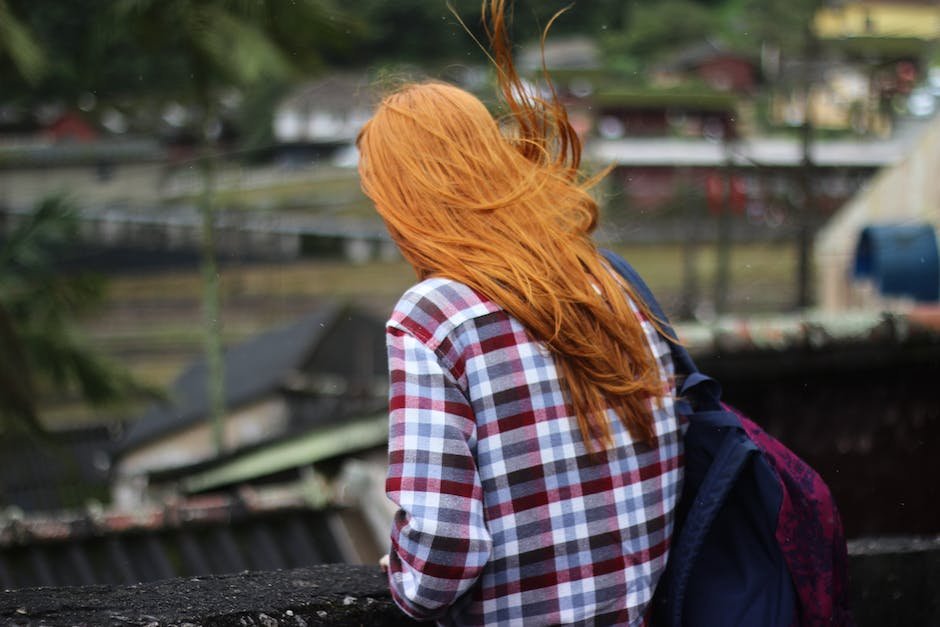-
Índice Liberdade e Vida Clínica de Recuperação

The Benefits of Male Involuntary Internment in Itu, SP
The Benefits of Male Involuntary Internment in Itu, SP
In recent years, the issue of involuntary internment has become a topic of great debate. While some argue that it infringes upon individual rights and autonomy, others believe that it is a necessary measure to protect individuals and society as a whole. In Itu, SP, the practice of male involuntary internment has been implemented with the aim of providing individuals with the necessary support and treatment to overcome their struggles with addiction and mental health issues.
One of the key benefits of male involuntary internment in Itu, SP is the structured and controlled environment it provides. Individuals who are struggling with addiction or mental health issues often find it difficult to break free from the cycle of their destructive behaviors. By being placed in a controlled environment, they are removed from the triggers and temptations that may perpetuate their struggles. This allows them to focus solely on their recovery and provides them with the necessary tools and support to make lasting changes in their lives.
Another benefit of male involuntary internment in Itu, SP is the access to professional medical and psychological care. The staff at the clinic are trained professionals who specialize in addiction and mental health treatment. They are equipped with the knowledge and expertise to provide individuals with the necessary care and support to address their specific needs. This includes individual therapy sessions, group therapy, and access to medication if necessary. By receiving comprehensive care, individuals have a higher chance of successfully overcoming their struggles and achieving long-term recovery.
Furthermore, male involuntary internment in Itu, SP provides individuals with a sense of community and support. Addiction and mental health issues can often leave individuals feeling isolated and alone. By being surrounded by others who are going through similar struggles, individuals can find solace in knowing that they are not alone in their journey. The sense of community that is fostered within the clinic allows individuals to build meaningful connections
Unveiling the Future: Exploring Male Involuntary Internment in Itu, SP
Unveiling the Future: Exploring Male Involuntary Internment in Itu, SP
In the city of Itu, São Paulo, a controversial practice known as male involuntary internment has been gaining attention. This practice, also referred to as “internação compulsória masculina,” involves the forced confinement of individuals in rehabilitation clinics against their will. While some argue that this approach is necessary to address the growing drug addiction problem in the city, others question its ethical implications and effectiveness.
It is important to understand the context in which male involuntary internment has emerged in Itu. The city has been grappling with a significant increase in drug addiction cases, particularly among young men. Local authorities have been under pressure to find solutions to this issue, leading to the implementation of this controversial practice.
Proponents of male involuntary internment argue that it is a necessary step to protect individuals from the harmful effects of drug addiction. They believe that by forcibly removing addicts from their environments, they can break the cycle of addiction and provide them with the necessary support and treatment. These rehabilitation clinics offer a structured environment where individuals can receive medical and psychological assistance, as well as participate in various therapeutic activities.
However, critics of male involuntary internment raise concerns about the violation of individual rights and autonomy. They argue that forcing someone into treatment against their will is a breach of their fundamental freedoms. Additionally, they question the effectiveness of this approach, as studies have shown that voluntary treatment programs tend to yield better long-term outcomes.
Despite the controversy surrounding male involuntary internment, the practice continues to be implemented in Itu. The city has established several rehabilitation clinics specifically for this purpose, providing a range of services to address the complex needs of individuals struggling with addiction. These clinics often employ a multidisciplinary approach, involving medical professionals, psychologists, and social workers to provide comprehensive care.
It is worth noting that male involuntary internment
